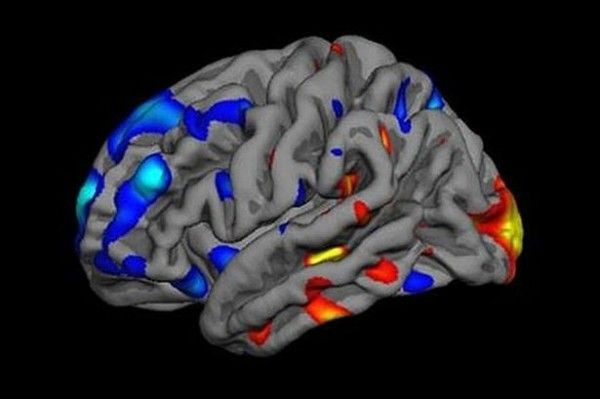Factors On Memory Loss During The Younger Ages
How Do You Can Stable Your Memory

Memory loss is not merely considered as a disease you get as you aged and it can affect any one at any age group. It is not severe when we are unable to recall anything from the past. It is mentioned here about the short term memory loss, like unable to recall the name of the kid's teachers name, wedding day or birthday of a close friend and etc. The important thing is that, there is no need to fear with these type of memory loses, Majid Fotuhi, MD, PhD said, a founder and chief medical officer of NeurExpand Brain Center in Luterville and an author of 'The Memory Cure'.The research says that, lack of good sleep, over anxiety, consumption of some medicines can cause a temporary memory loss. He also said that we can correct and improve it with some simple methods. Following are some of the simple methods to improve your memory.
1. Memory lose may occur with unbalanced thyroid functions, when you feel too cold or too hot or when you are sad or absent minded. You may feel memory loss because of unbalanced thyroid functions . There is no direct connection between the thyroid and brain function. But when the function became unbalanced, the people are experiencing memory loss.
2. Menopause-related issues can also lead to memory loss, insomnia and sleep apnea are included in this, Dr. Fotuhi said.
3. If you are attending late parties, it can bring you to some memory loses like, the name of your friend, the people who were attended the party, venue details and etc. It may happen due to lack of sleep. You have to sleep at least eight hours a day as it is a standard recommendation. If you feel fatigue upon waking up in the morning and feel sleepy during the whole day, it can lead you to a temporary memory loss, Dr. Towfigh said. "While some part of the brain takes a siesta when we sleep, deeper areas involved with memory and emotional response become relatively more active," said Allen Towfigh, MD, medical director of New York Neurology & Sleep Medicine.





















